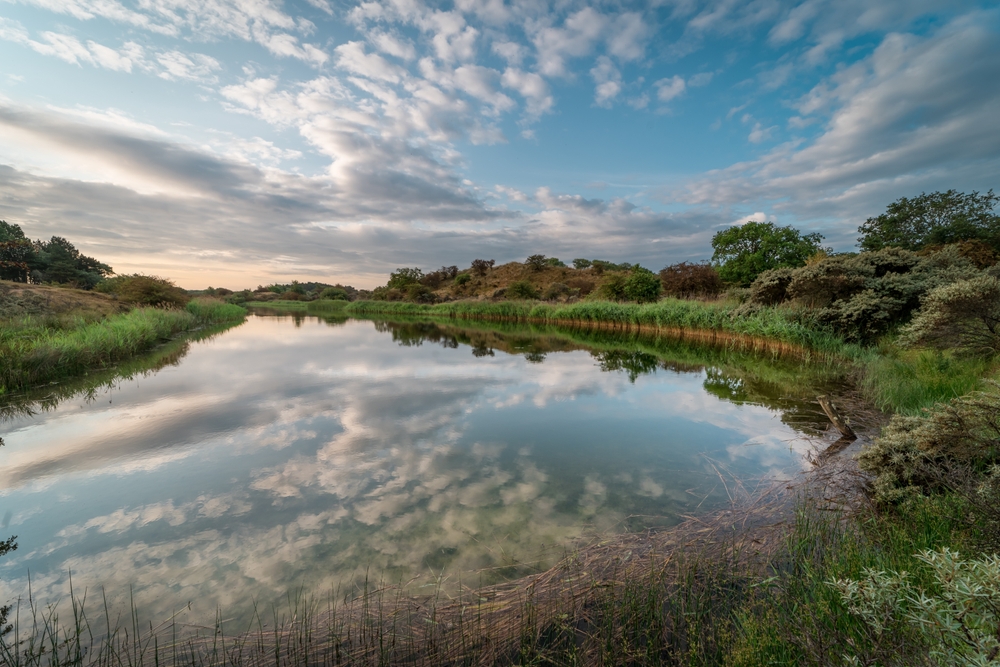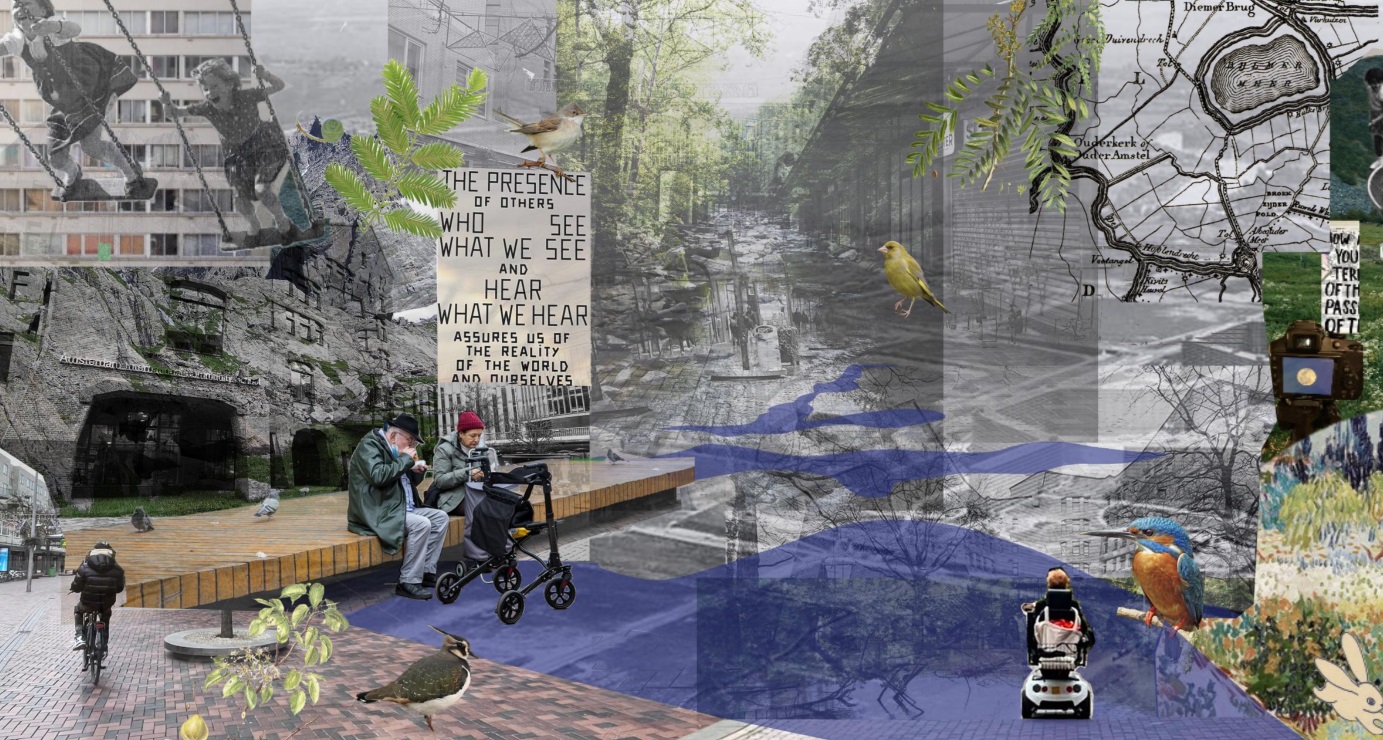Six universities, four colleges and thirty other partners, led by WUR, are to investigate whether so-called landscape services including clean air, drinking water or room for leisure could form the basis for spatial planning in urban regions. The project will also study the impact thereof on the relation between urban and rural areas.
According to associate professor Jasper de Vries, who coordinates the project at the behest of Landscape Architecture and Spatial Planning, it is one of the Netherlands’ most extensive studies in the domain of spatial planning. The Urban Economics (Social Sciences) group, WUR AMS Institute and EWUU have joined de Vries’ group in the project.
Bridging the gap
The project takes place in four regions: Groningen-Het Hogeland, Zwolle, the Breda-Tilburg urban area and the metropolitan areas Amsterdam, Rotterdam and The Hague. There, research will be done to determine how cities and the surrounding rural areas can join forces to address critical societal issues such as the agricultural transition, housing and climate adaptation. So-called landscape services play a pivotal role in these issues. ‘Services such as clean air, drinking water of room for leisure activities’, De Vries clarifies. Moreover, the project studies social impact: can landscape services help bridge the infamous gap between urban and rural areas?
Landscape services are not an entirely new phenomenon and have been under discussion within the context of the agricultural transition, more specifically, landscape areas. There are small-scale experiments as well. De Vries: ‘There are many different ideas on landscape services and the revenue models and policy instruments that come with them. But there is a lack of coordination. As a key part of this project, we will develop spatial long-term perspectives for and with the regions as well as the accompanying policy instruments.’
Thirty partners in the fields
Fertile Soils combines scientific research and practical investigations. The latter is headed by the university colleges that have joined the project. Moreover, the project works through so-called learning communities in which the thirty partners in the field participate. These partners range from water provider Vitens to engineering firm Arcadis and include agricultural organisations such as Staatsbosbeheer and the Dutch Association of Young Farmers. De Vries predicts, ‘We will generate new expertise within a WUR research domain with these partners’.
He expects the project to launch at the end of this year. The NWO budget covers the cost of nine research trainees and three postdocs, five of whom will work at the WUR groups that participate in the study.

 A landscape service before the term existed: the Amsterdam water pipe dunes, which has been providing the city’s residents with drinking water since 1853. Photo Shutterstock
A landscape service before the term existed: the Amsterdam water pipe dunes, which has been providing the city’s residents with drinking water since 1853. Photo Shutterstock 

